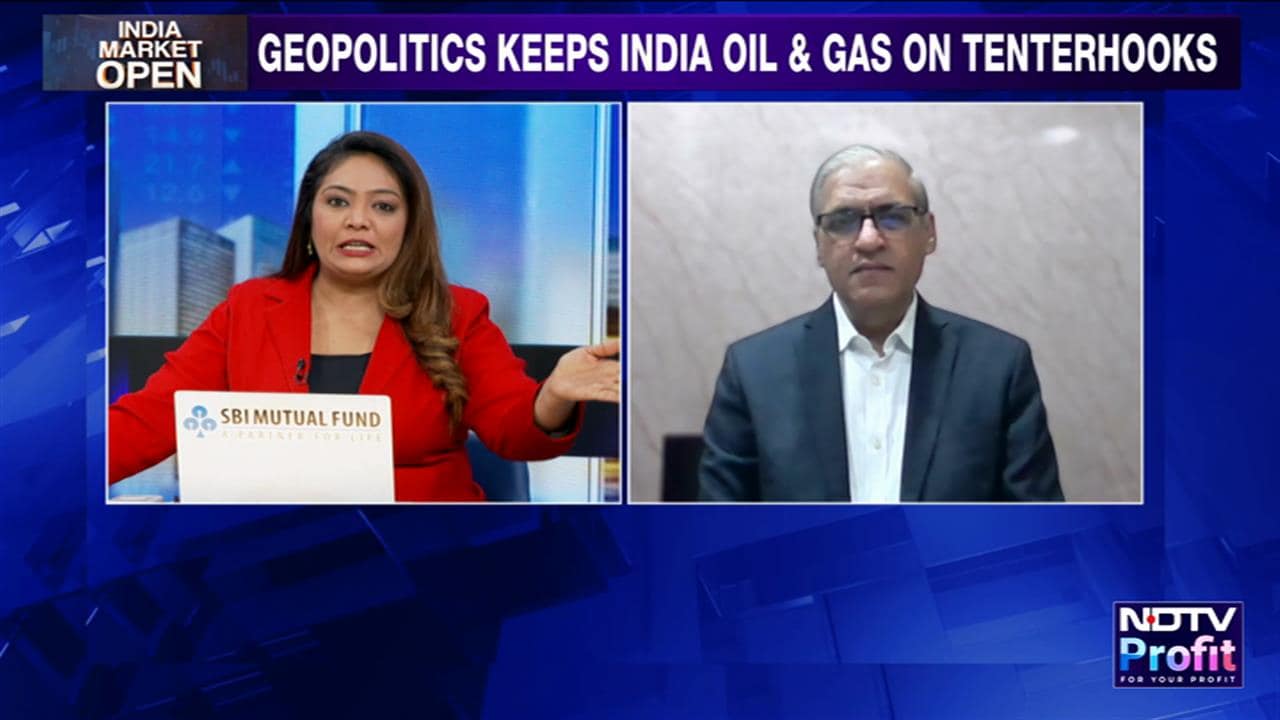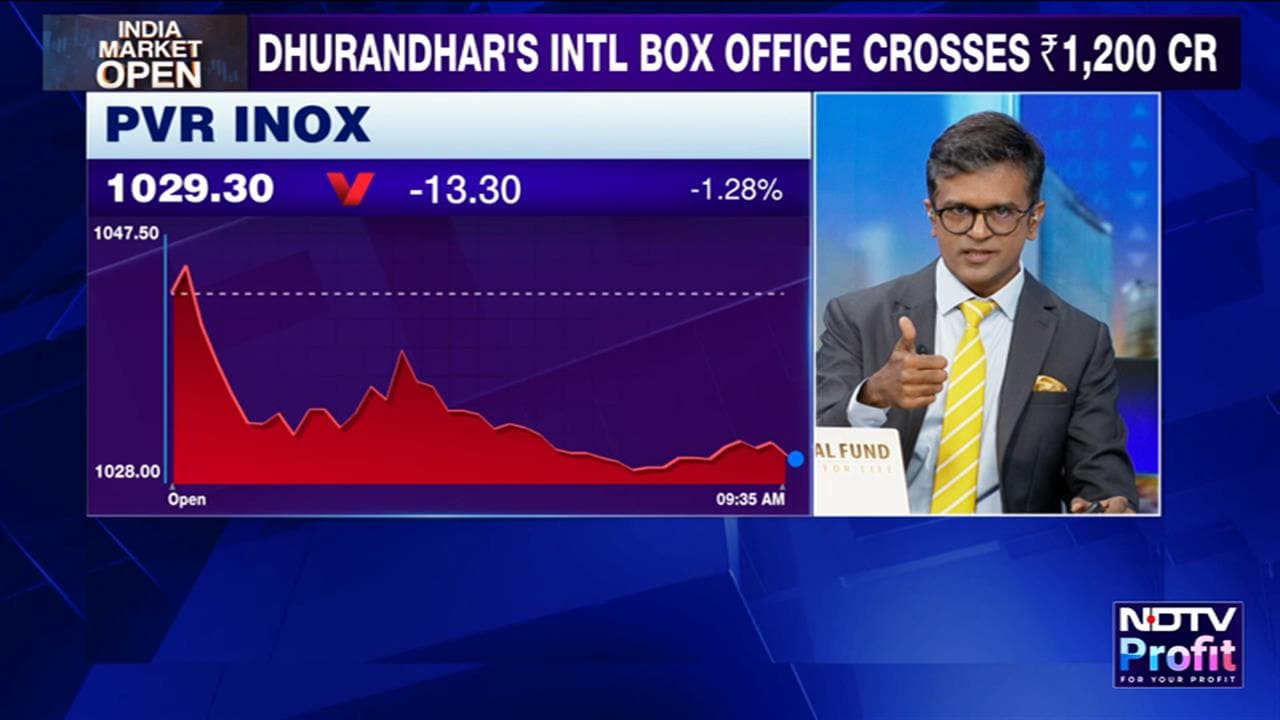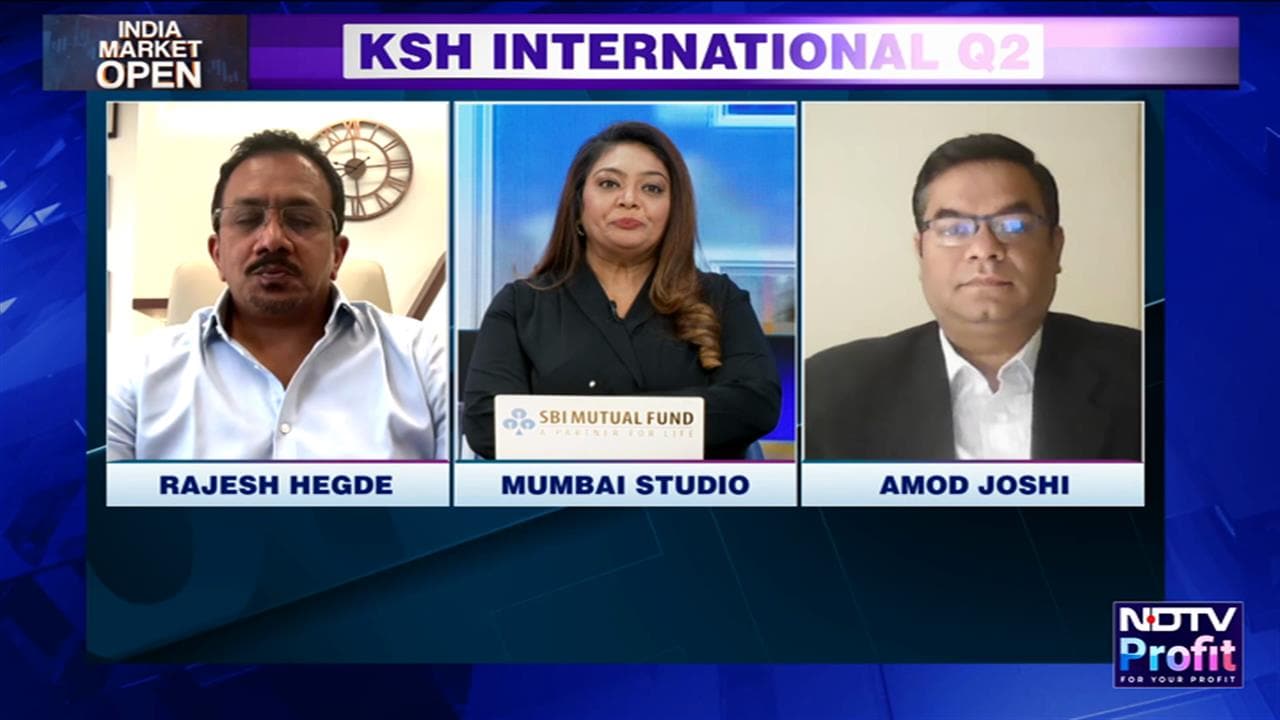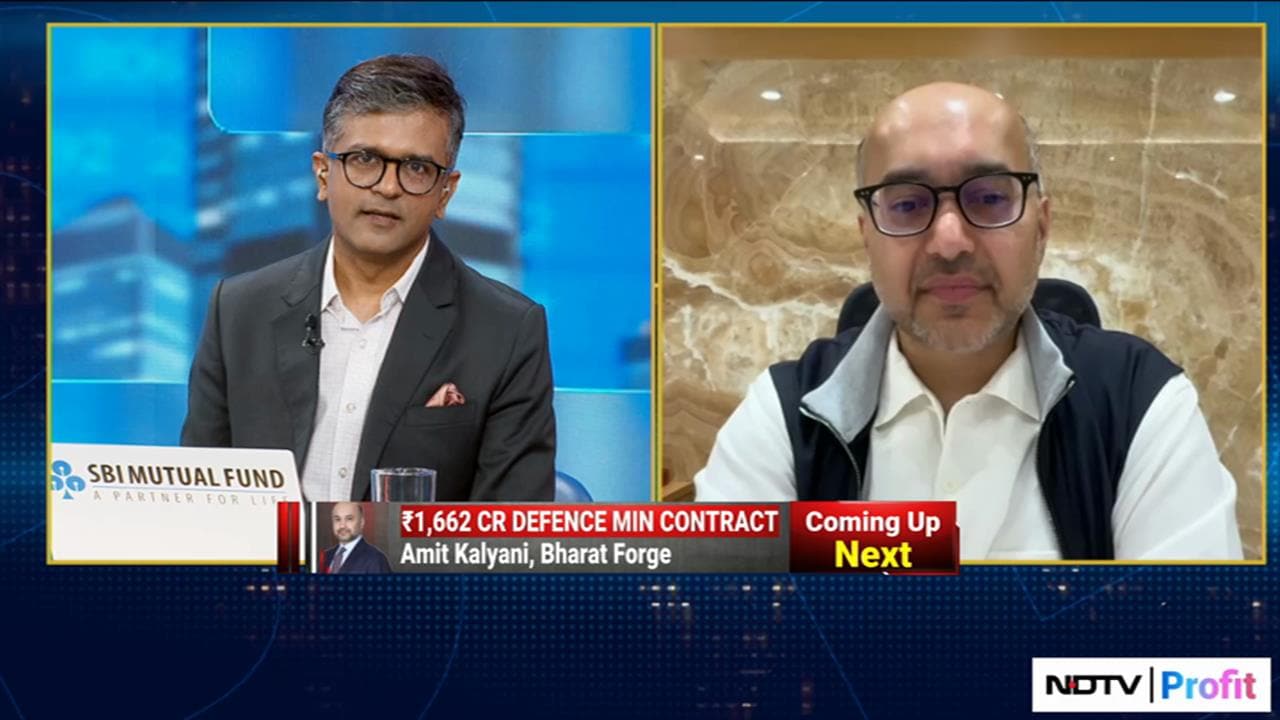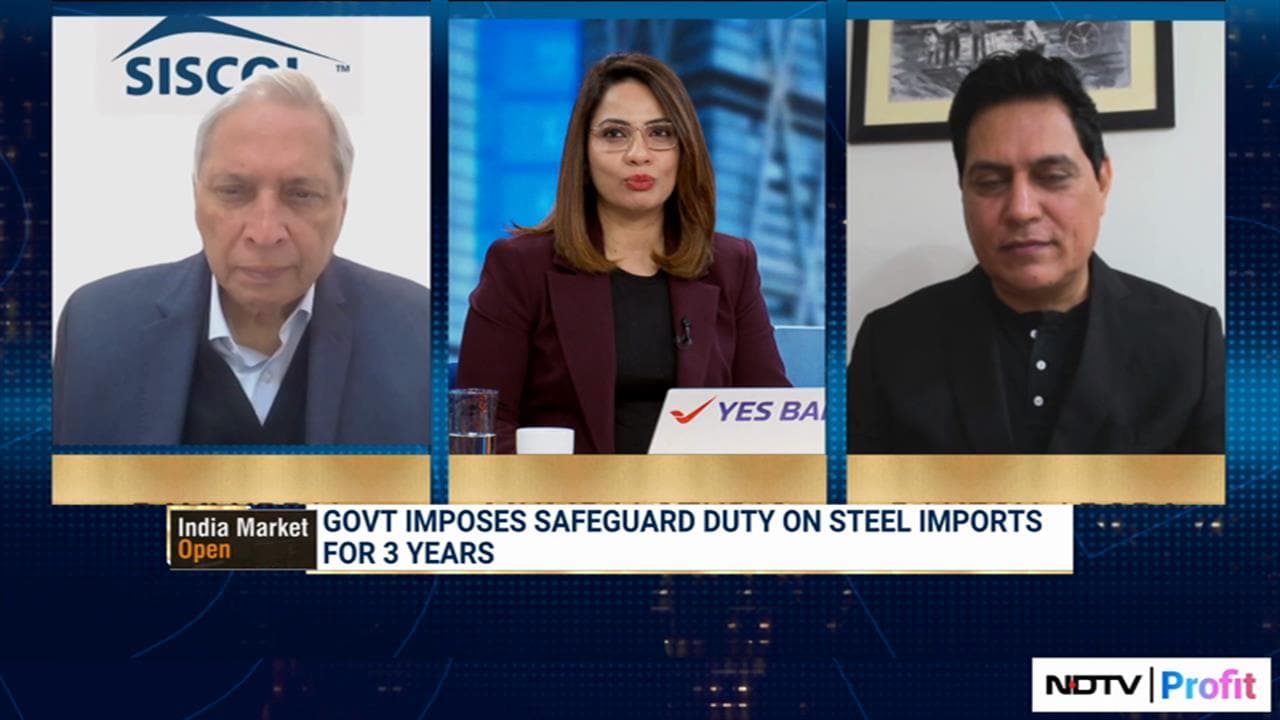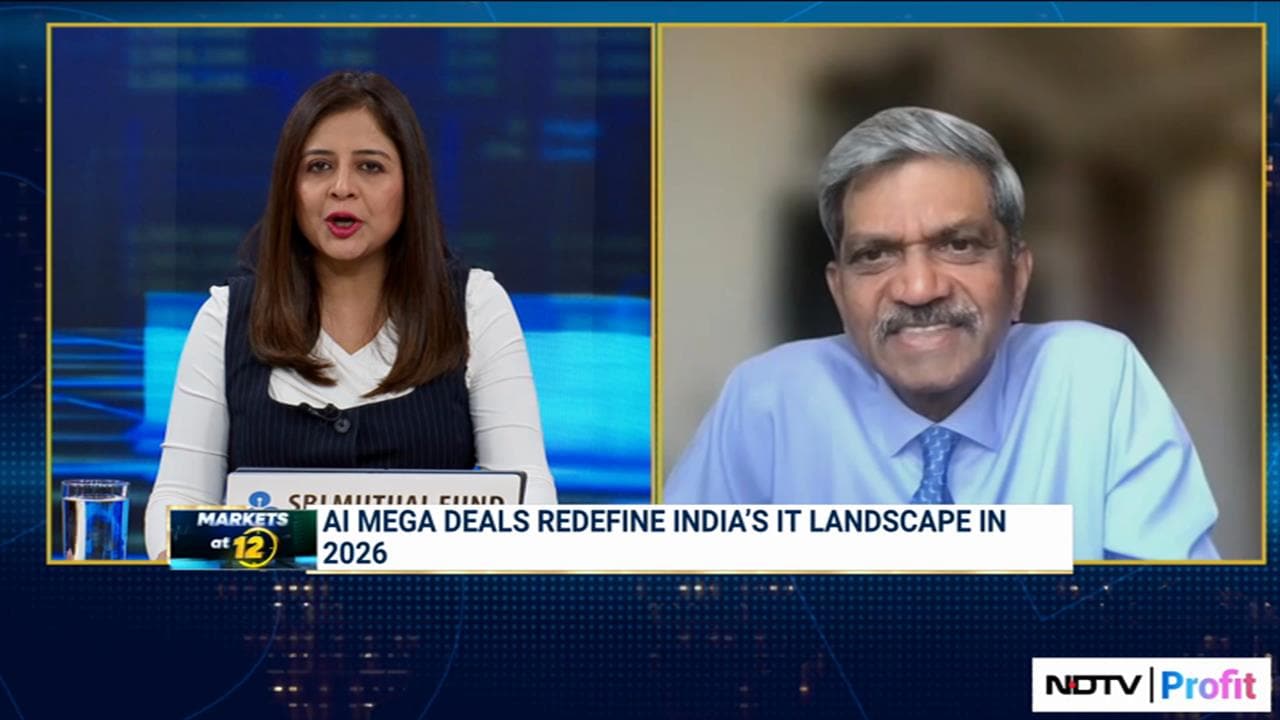
- Reserve Bank of India may allow lenders to remotely lock phones bought on credit if EMIs defaulted
- The move targets rising bad assets in small-ticket consumer loans, especially mobile phones
- RBI plans to update Fair Practices Code with borrower consent and data protection rules
The Reserve Bank of India, is reportedly planning to allow lenders to remotely lock mobile phones purchased on credit, if borrowers fail to make their EMI payments, according to a Reuters source-based report.
The Central Bank's possible move is aimed at curbing the rising bad assets, particularly in small-ticket consumer loans, but is expected to raise significant concerns regarding consumer rights.
"India's central bank plans to allow lenders to remotely lock mobile phones bought on credit if the borrowers default on those loans, two sources said, in a move aimed at curbing bad assets that is likely to raise consumer rights concerns," said the Reuters report.
The Balancing Act: Loan Recovery And Data Protection
This proposal marks a change in stance compared to the previous year, when the RBI reportedly instructed lenders to cease the practice of using apps to lock the devices of defaulting borrowers. The new measure comes after fresh consultations with financial institutions. The RBI is expected to update its Fair Practices Code in the coming months with specific guidelines on the phone-locking mechanism.
These rules may mandate prior consent from the borrower and would prohibit lenders from accessing any personal data on the locked device.
The RBI's objective here, is to strike a balance between empowering lenders to recover small-ticket loans and ensuring that customers' data remains protected. The rise of small-ticket loans for consumer electronics, especially mobile phones, has been a key driver for this consideration.
Defaults In Small Ticket Loans
Small-ticket personal loans under Rs 10,000 showed higher delinquency rates than larger loans, with peak defaults occurring among those who took loans between December 2023 and June 2024, according to CRIF Highmark.
Fresh loan originations in this segment were dominated by NBFCs, which lent to new borrowers outside the top 100 cities, it said. While the measure could improve recovery rates for major lenders, it has drawn criticism from consumer advocacy groups who warn of potential exploitation.
The report cites a consumer advocate who argues that this practice weaponizes access to essential technology to enforce behavioural compliance, locking users out of livelihoods, education, and financial services until repayment.
Watch LIVE TV, Get Stock Market Updates, Top Business, IPO and Latest News on NDTV Profit.









